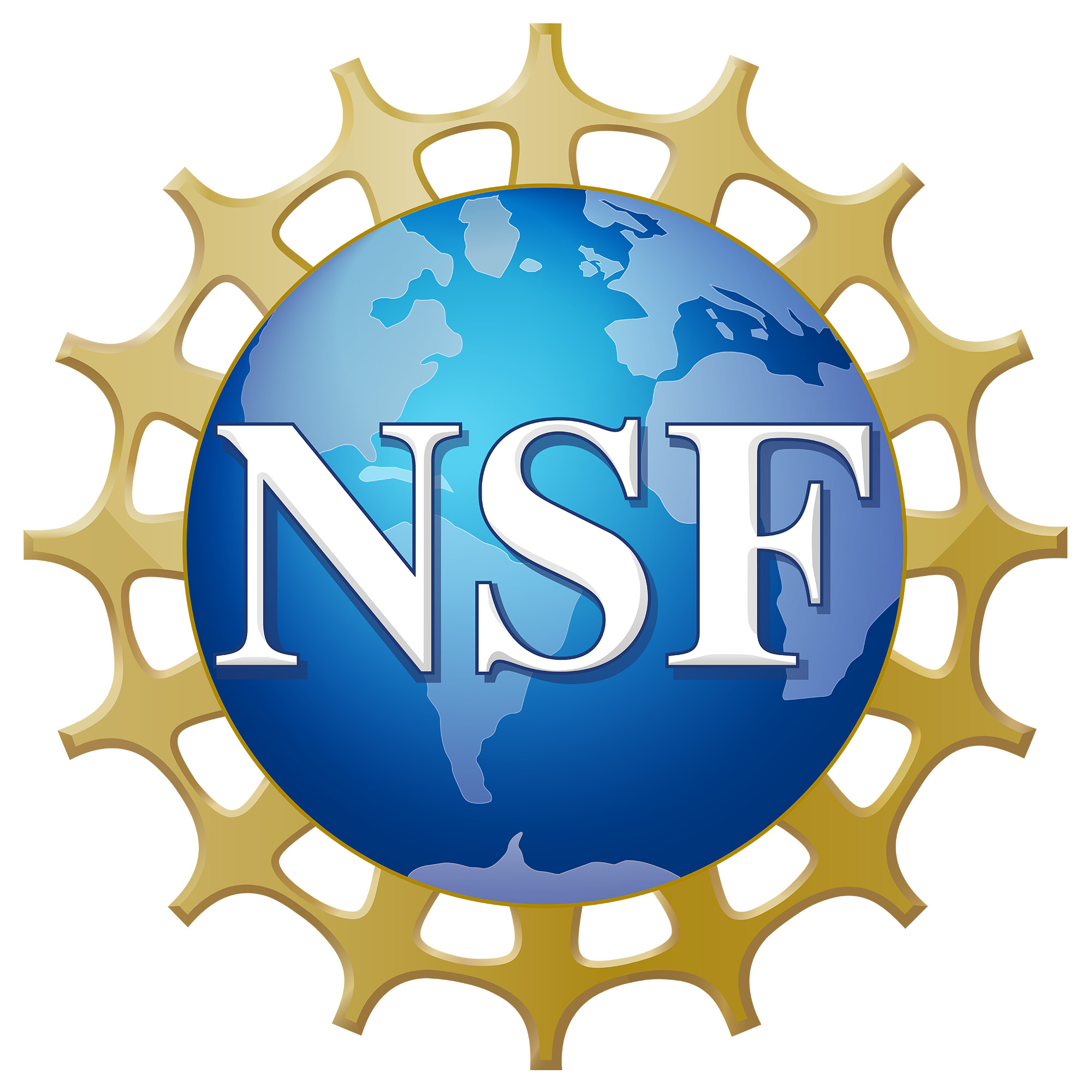Roanoke wins federal grant to expand network of regional partnerships
September 25, 2024
Category: Our Community

Roanoke College is part of a consortium that has been awarded $1.55 million in federal grant money to build partnerships with the region’s STEM-H (science, technology, engineering, math and health) innovators and strengthen the skilled workforce pipeline.
The three-year grant, bestowed by the U.S. National Science Foundation’s EPIIC program, is part of a nationwide push to expand higher ed partnerships and capitalize on what smaller colleges can offer the STEM-H innovation economy.
“This program is appropriately named because it’s presented us with a truly epic opportunity,” said Len Pysh, EPIIC initiative director for Roanoke College and a professor of biology. “It will allow us to make an impact both on and off campus in ways that are only possible thanks to this support.”
Roanoke College’s share of the grant funding will total $399,406. Its project, “Connect Four,” will see it join forces with other, diversified institutions to tackle four goals:
- Expand each institution’s capacity to pursue and sustain outside partnerships;
- Build connections with a wider network of community, industry, nonprofit and government partners;
- Develop improved means of communicating with key constituencies;
- Boost the success rate of growing community connections into sustainable, scalable partnership programs.
The goal is to support more STEM-H partnerships that fuel opportunities to redefine teaching and service in ways that advance innovation and workforce development. EPIIC is specifically designed to serve smaller or underrepresented colleges that historically have had limited ability to absorb the time-consuming work of building new collaborations from scratch.

EPIIC (Enabling Partnerships to Increase Innovation Capacity) is a program of the U.S. National Science Foundation, an independent federal agency. Roanoke College was one of 48 institutions nationwide — and one of only three in Virginia — to receive grant support from the program this year.
The Connect Four cohort — which includes Albion College (Albion, Michigan), Canisius University (Buffalo, New York) and Northwest Arkansas Community College (Bentonville, Arkansas) — will work to develop programs tailored to each of their region’s needs while also sharing insights, learning from expert consultants and collaborating on a universal toolkit that can help guide other small institutions.
“We’re really creating a new roadmap that will benefit students at Roanoke College and beyond,” said Shannon Anderson, EPIIC liaison for the college and a professor of public health. “Our toolkit will be a free resource that can be adapted to the needs of different departments and institutions. By demystifying the process, we can make this type of work more accessible to faculty and staff who have phenomenal ideas but need support to bring them to life.”
Roanoke College’s plan includes launching an EPIIC Fellows program that will equip more people on campus to develop community partnerships. EPIIC Fellows will be supported with a stipend, training and seed money to facilitate their proposals.
They also will be able to hire a student assistant, adding a unique opportunity for hands-on learning and mentorship to the initiative.
Additional details about the EPIIC Fellows program will be available the week of Sept. 30. Faculty from all disciplines are encouraged to consider participating. Two fellows will be selected in the first year. Opportunities for staff participation are anticipated in future years. More information is available from Professor Len Pysh.
Roanoke College was one of only three schools in Virginia awarded EPIIC funding this year. The team that developed the proposal and shepherded it through its months-long grant review process included Pysh, who is director of the Center for Health Careers; Anderson, who is senior director of strategic health initiatives; Vice President for Academic Affairs Kathy Wolfe; and Director of Academic Grants & Foundation Relations Heather Johnson.
-

ABOUT
Established by Congress in 1950, the U.S. National Science Foundation works to support science and engineering across all 50 states and U.S. territories. Its EPIIC program provides colleges and universities with training and support to develop the capacity and institutional knowledge needed to create more inclusive ecosystems and more participation in regional innovation.